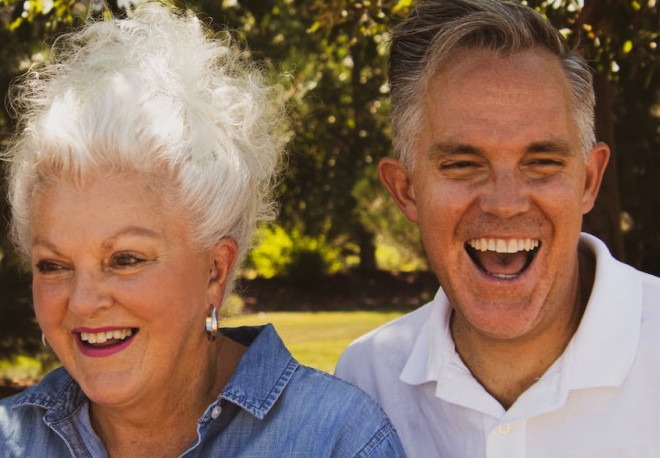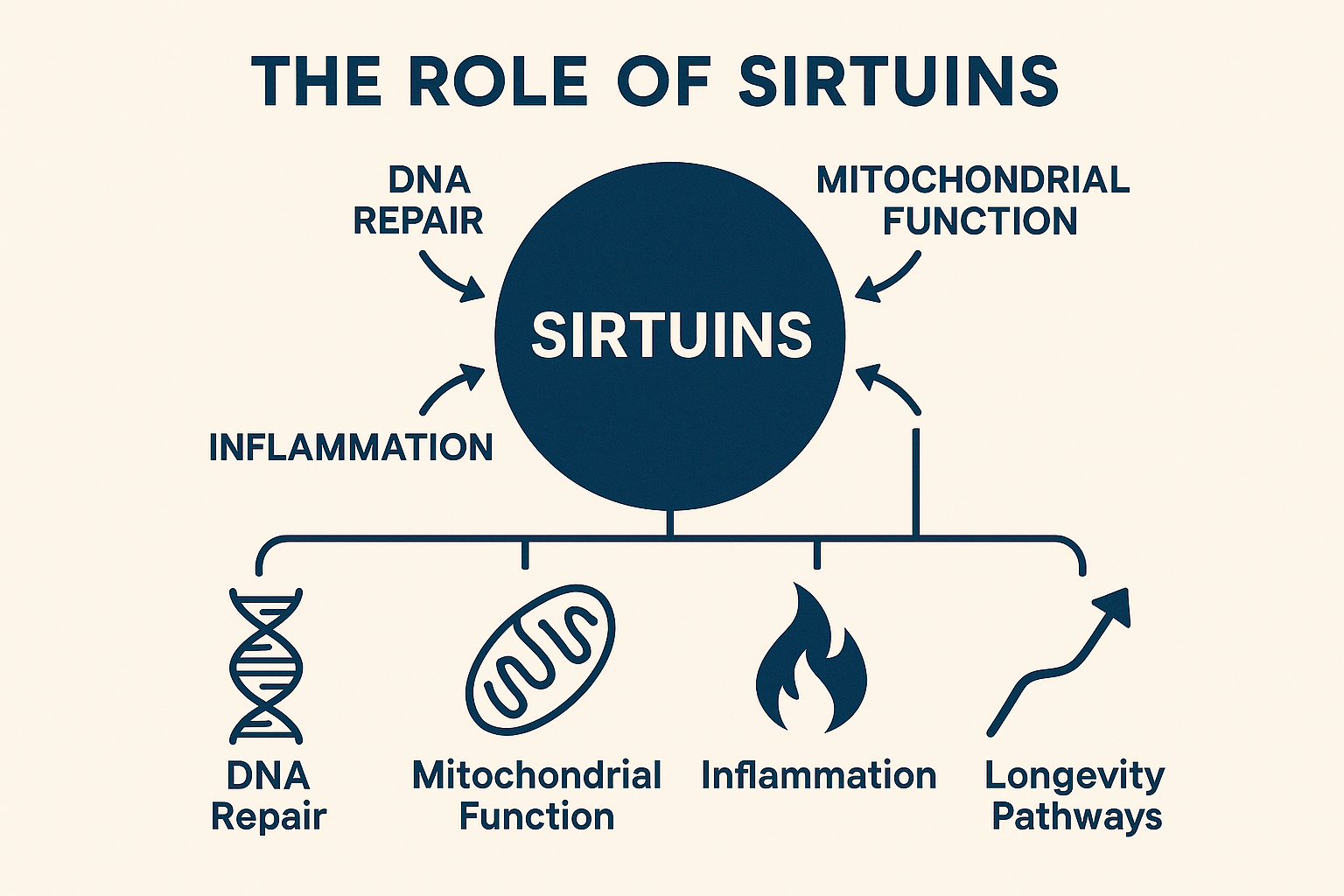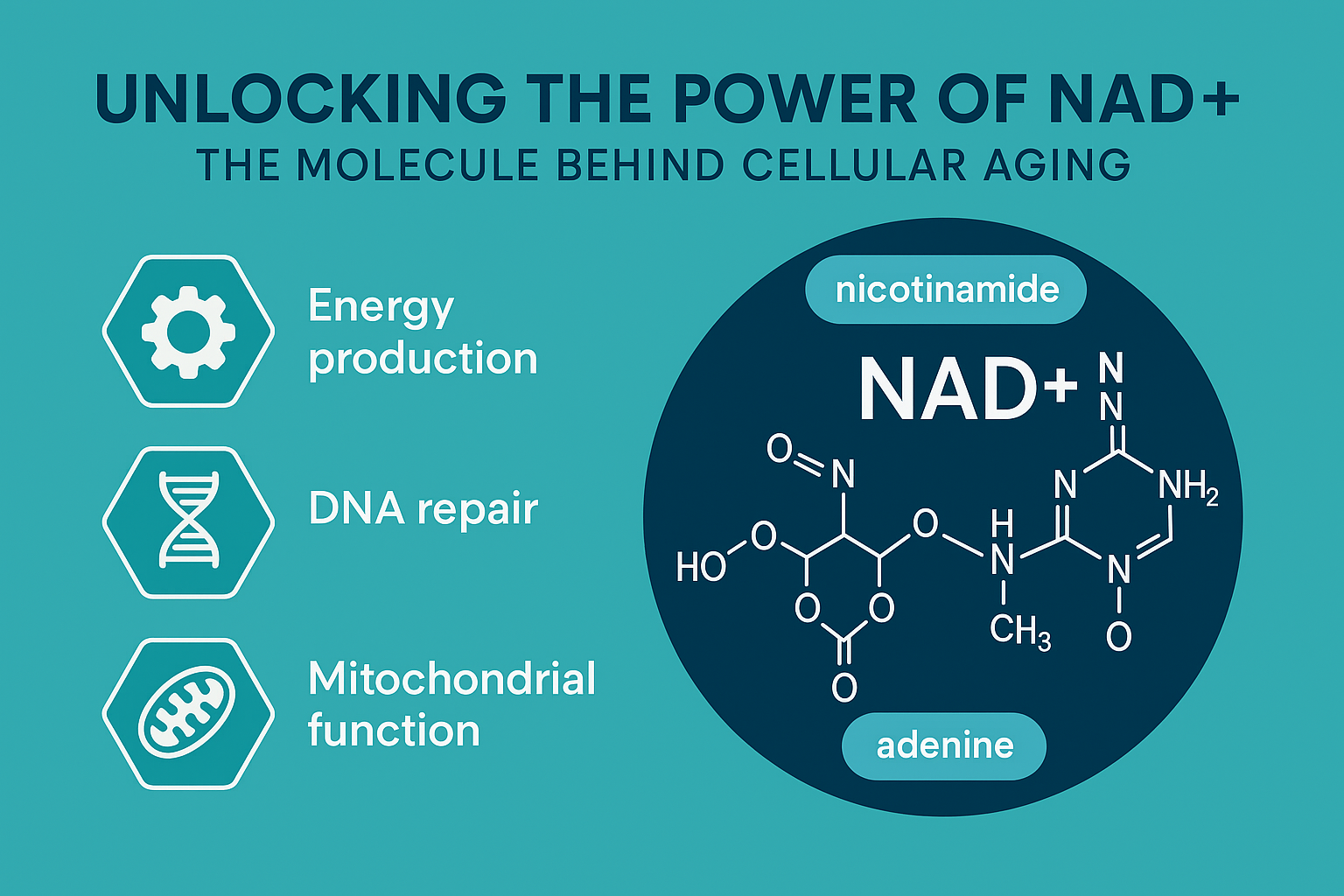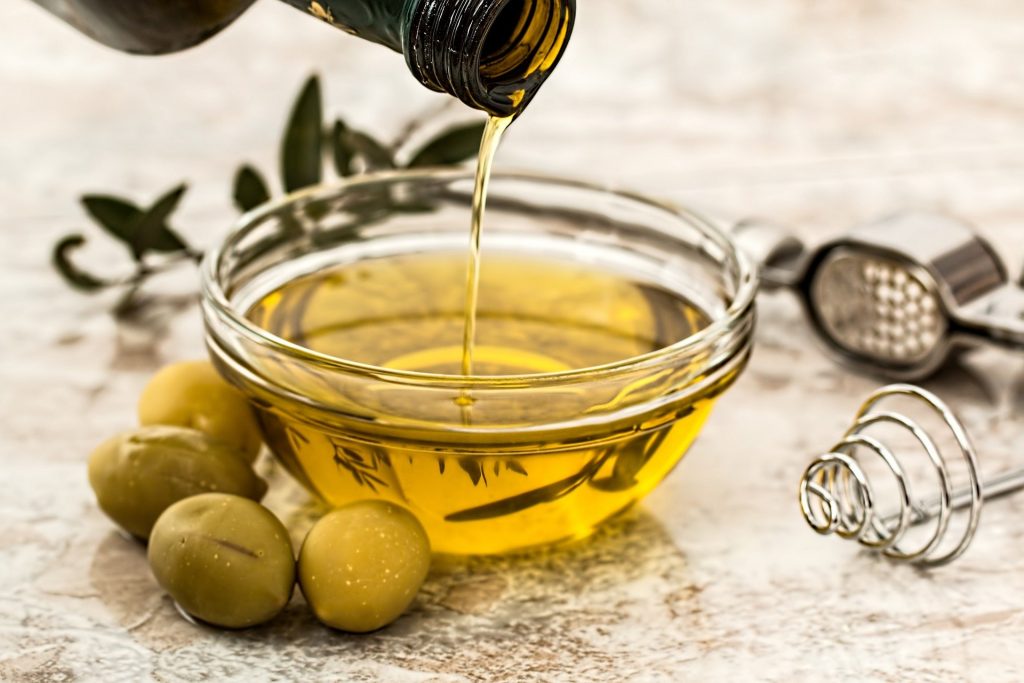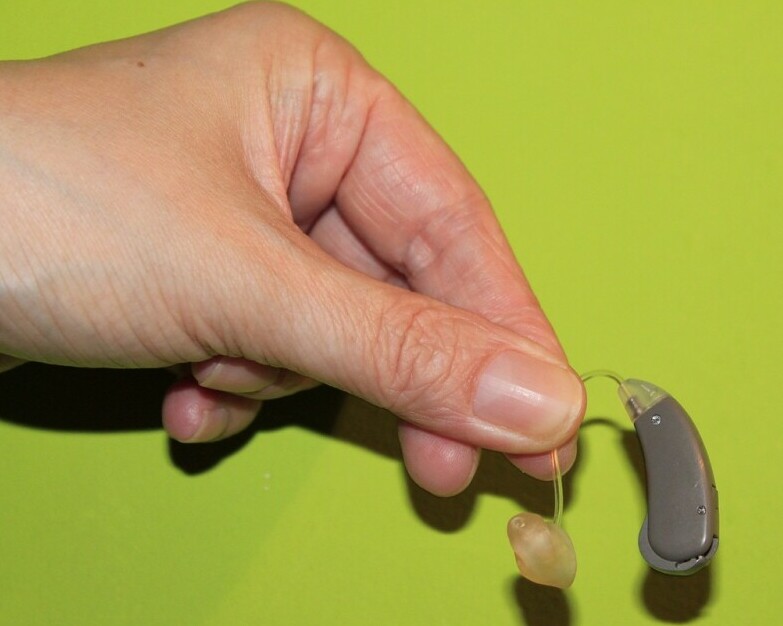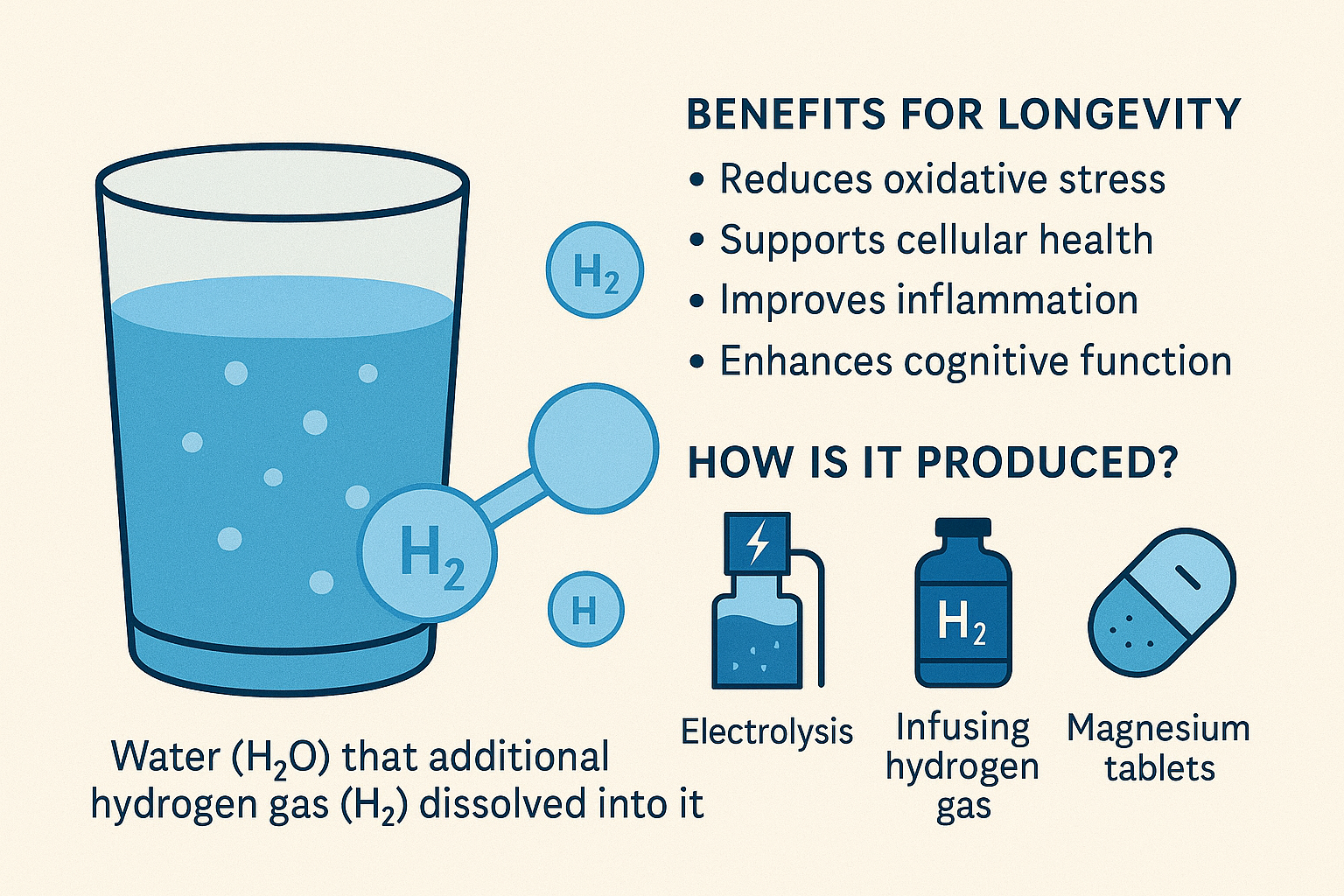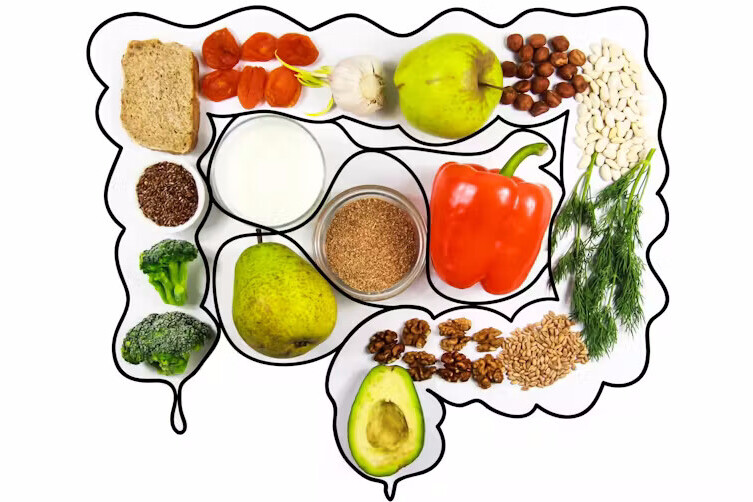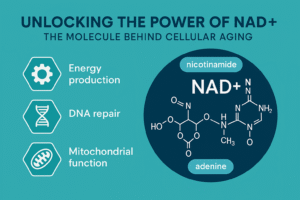Aging gracefully involves taking care of our skin, exercising regularly, and eating healthy. As our bodies change with time, so do our nutritional needs. For our beloved elderly population, this is especially important. Whether you’re an elder reading this or someone caring for an elderly loved one, take a moment to dive into the world of elderly diets. Let’s make those golden years truly golden!
Differences & Costs Between Best Elderly Diets
Dietary preferences can greatly influence one’s overall health, especially during the senior years. Here’s a closer look at the best diets for the elderly: 
1. Mediterranean Diet:
Derived from the eating habits of people from countries bordering the Mediterranean Sea, this diet is renowned for its health benefits. It predominantly emphasizes the consumption of fresh fruits, vegetables, whole grains, and lean proteins like fish and poultry. Olive oil often replaces butter, and herbs take the place of salt for flavoring.
Example: A typical Mediterranean meal might include grilled salmon drizzled with olive oil and lemon, a quinoa salad with cherry tomatoes, cucumber, and feta cheese, accompanied by a glass of red wine or grape juice.
2. DASH Diet:
Developed to help prevent and treat high blood pressure (hence, Dietary Approaches to Stop Hypertension), the DASH diet focuses on reducing sodium intake. It promotes the consumption of fruits, vegetables, lean proteins, and whole grains, while cutting back on saturated fats, sugary beverages, and salt.
Example: A DASH-friendly lunch could be a whole grain wrap filled with lean turkey, spinach, bell peppers, and a light sprinkle of low-sodium cheese, paired with a side of fruit salad.
3. Plant-Based Diets:
Centered around foods derived from plants, this diet excludes or minimizes meat and animal products. It’s rich in vegetables, fruits, legumes, seeds, and whole grains. A plant-based diet is not only beneficial for the heart but also supports overall health and can be budget-friendly if planned right.
Example: A hearty plant-based dinner might consist of a lentil and vegetable stew, brown rice, and a side of steamed broccoli, garnished with a tahini sauce.
Remember, while each diet offers unique benefits, it’s vital to pick one that aligns with individual health needs and lifestyle preferences. Always consider consulting a nutritionist or healthcare provider before making significant dietary changes.
Do I Need To Eat More With Certain Diets For Calorie Intake?
The topic of calorie consumption becomes particularly pertinent as we age. With shifts in metabolism and activity levels, the elderly often struggle with the dilemma: How much should I be eating? Let’s take a closer look into this area. 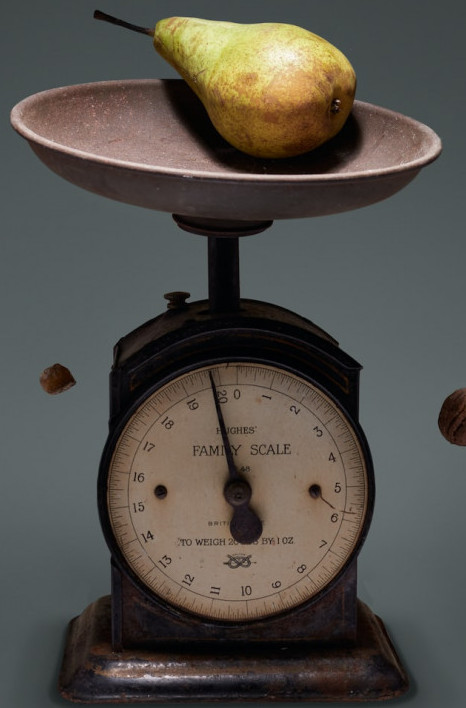
Caloric Needs vs. Nutrient Needs:
While the general principle is that reduced activity levels demand fewer calories, it’s essential to separate caloric needs from nutrient needs. As we age, the body’s efficiency in extracting nutrients from food can diminish. So, while seniors might need fewer calories, they still need a high intake of nutrients like protein, calcium, and certain vitamins.
Density Matters:
Diets high in nutrient-dense foods can sometimes be low in calories. For instance, a large bowl of spinach provides a plethora of vitamins and minerals but has very few calories. On the contrary, a small piece of cake might have triple the calories but not nearly as many essential nutrients.
Example: A person following a whole foods plant-based diet might consume a large volume of food – from green leafy veggies to an array of colorful fruits and legumes. But despite the plate’s fullness, the actual calorie count might still be on the lower side. This person might need to incorporate more nutrient-dense foods, like avocados, nuts, or seeds, to meet their caloric requirements.
Monitoring Protein and Healthy Fats:
While focusing on calories, seniors must ensure they’re receiving adequate protein to maintain muscle mass and healthy fats for brain health. Diets, like the Mediterranean, are excellent as they balance these needs well. However, if someone were strictly consuming raw vegetables and fruits, they might struggle to meet their protein and healthy fat needs.
Tailored Approach:
There’s no one-size-fits-all answer. Some elderly individuals might be more active, requiring more calories, while others, due to health issues or reduced mobility, might require less. The goal is to balance the plate with a variety of nutrient-dense foods while being mindful of individual caloric needs.
In conclusion, while certain diets might necessitate eating larger portions to meet caloric needs, the focus should always be on achieving a balanced intake for essential nutrients. Always working with a nutritionist or healthcare professional ensures personalized advice tailored to individual health conditions and goals.
Challenges With Best Elderly Diets
Choosing the best diet isn’t without its difficulties. Here are a few challenges faced by many elders:
1. Digestive Changes: As we age, our digestive system slows down. High-fiber diets are beneficial but can cause discomfort if not introduced gradually.
2. Taste Alterations: Some medications and age-related changes can alter taste and appetite. This can make adhering to certain diets difficult.
3. Physical Challenges: Preparing fresh meals requires effort. Physical impairments or lack of energy can make this a challenge for some seniors.
4. Cognitive Barriers: Conditions like dementia can affect dietary habits, making it difficult to stick to a plan or even to remember to eat regularly.
Positives & Negatives of Elderly Diets 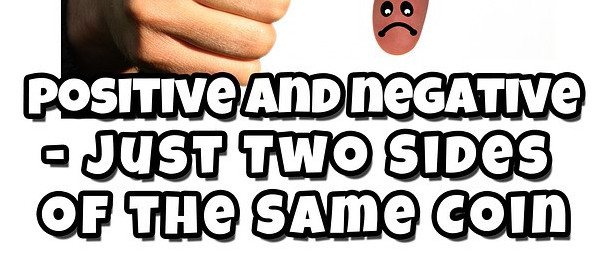
Positives:
- Improved Health: A balanced diet can help manage or even prevent chronic diseases.
- Enhanced Mental Health: Nutrient-rich diets can boost cognitive function and mood.
- Better Digestion: Proper diets can prevent constipation and promote a healthier gut.
- Increased Longevity: There’s a reason they say, “You are what you eat.” A good diet can add years to life and life to years.
Negatives:
- Adjustment Phase: Switching to a new diet can be hard initially, especially if it’s vastly different from one’s regular eating habits.
- Potential Nutrient Deficiency: Without proper planning, certain diets can lack essential nutrients.
- Social Challenges: Dietary changes can sometimes make social events challenging if there aren’t suitable food options available.
Conclusion
Our golden years should be filled with joy, laughter, and good health. While there are challenges to adapting and sticking to specific diet plans, the benefits far outweigh the downsides. If you choose to follow a dietary journey in their later years, remember that it’s never too late. Seek healthcare professional guidance, stay informed, and above all, enjoy the delicious journey towards a healthier, happier life.
Disclaimer: All the content on this site is for informational purposes only, does not constitute medical advice, and does not establish any kind of patient-client relationship by your use of this website. I am not a health care professional. The information, including but not limited to text, graphics, images and other material contained on this website are for informational purposes only. No material on this site is intended to be a substitute for professional medical advice, diagnosis, or treatment. Before starting any new regimen, supplement, diet, or program, it is crucial to consult with a healthcare professional to ensure it is safe and suitable for your individual health needs and circumstances. Here’s a little transparency: This website also contains affiliate links. This means if you click and make a purchase, we may receive a small commission. Don’t worry, there’s no extra cost to you. It’s a simple way you can support our mission to bring you quality content.


